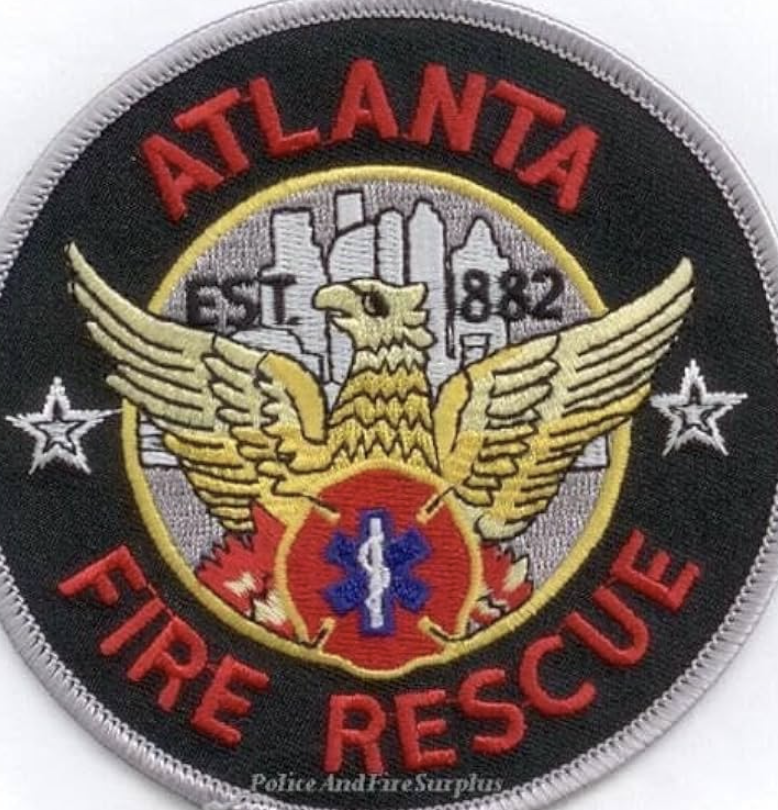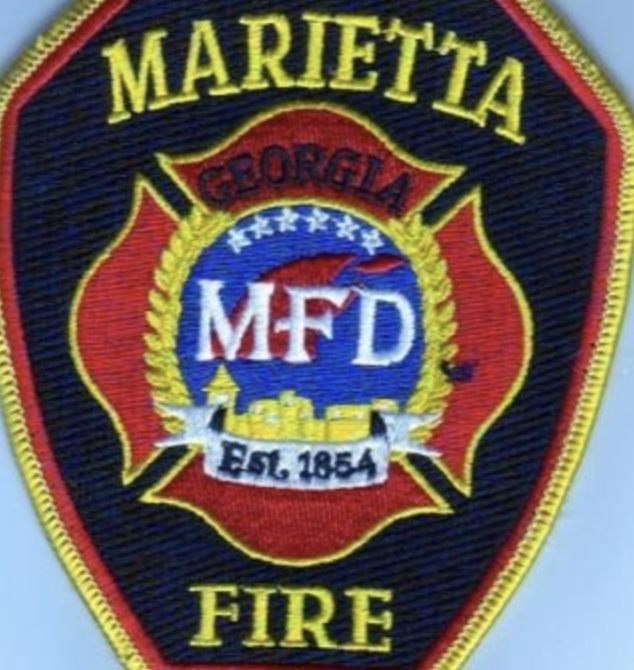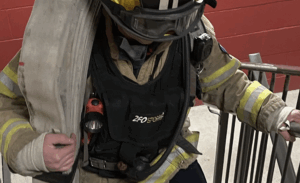If you’re wondering how to become a firefighter in Georgia, you’re not alone.
Pursuing a career as a firefighter in Georgia is both commendable and challenging.
The state has established specific requirements and procedures to ensure its firefighters are well-prepared to serve their communities effectively.
This comprehensive guide outlines the steps to becoming a firefighter in Georgia, emphasizing state-specific requirements and considerations.
General Steps to Become a Firefighter in Georgia
Becoming a firefighter in Georgia takes dedication, physical and mental resilience, and a strong commitment to serving your community. Here are the steps every aspiring firefighter must follow:
1. Meet Basic Eligibility Requirements
Ensure you satisfy the foundational criteria:
- Age: Applicants must be at least 18 years old at the time of application.
- Education: Possess a high school diploma or General Education Development (GED) equivalency.
- Driver’s License: Hold a valid Georgia driver’s license.
- Legal Status: Be a legal United States citizen or possess valid documentation to be legally employed in Georgia.
- Criminal Record: Must not have been convicted of a felony in the past 10 years.
- Physical Examination: Obtain a signed medical release affidavit indicating good physical condition as determined by a licensed physician.
2. Obtain CPR Certification
All candidates must have current certification in Cardiopulmonary Resuscitation (CPR) at the Healthcare Provider level or equivalent.
3. Complete National Incident Management System (NIMS) Training
Candidates are required to complete NIMS 700 and 100 level training courses, which are available online through the Federal Emergency Management Agency (FEMA).
4. Enroll in the Basic Firefighter Training Program
The Georgia Public Safety Training Center (GPSTC) offers a Basic Firefighter Training Program, a ten-week course totaling 428 hours of rigorous training, including both classroom-based lectures and practical skills sessions.
5. Pass Certification Examinations
After completing the training program, candidates must pass the certification examination administered by the Georgia Firefighter Standards and Training Council (GFSTC).
6. Undergo Physical Agility Testing
Candidates must successfully pass a physical agility test to demonstrate their physical fitness and ability to perform firefighting tasks.
7. Complete Background Checks and Interviews
Applicants undergo comprehensive background investigations, including criminal history and driving record checks. Panel interviews assess suitability for the role. Departments may also require medical examinations and drug screenings.
8. Continue Professional Development
Certified firefighters in Georgia are required to complete a total of 24 hours of professional development training each year, as approved by the Fire Chief and verified by GFSTC, to maintain their certification.
Why Scoring High on the Firefighter Exam in Georgia Is So Important
No matter which department you’re applying to, passing the firefighter exam is critical — and scoring high is even more important.
Every hiring process includes three major tests:
- Written Exam – Determines your placement on the hiring list. A higher score = better chances of getting the job.
- Physical Ability Test (PAT or CPAT) – You must prove you can handle physically demanding tasks that mimic fireground operations.
- Oral Interview – This is your chance to show leadership, communication, and character beyond a test score.
Most departments create ranked hiring lists based on total exam scores. Being at the top of that list is the key to getting hired.
Differences Between Georgia and Other States
While the general pathway to becoming a firefighter shares similarities across states, Georgia has distinct requirements:
- State-Specific Training: Georgia mandates completion of the Basic Firefighter Training Program through GPSTC or an equivalent approved by GFSTC.
- Annual Professional Development: Georgia requires certified firefighters to complete 24 hours of professional development training annually to maintain certification.
- Medical Release Affidavit: Candidates must provide a signed medical release affidavit indicating good physical condition, a requirement that may not be present in all states.
Becoming a Firefighter in Atlanta
The Atlanta Fire Rescue Department requires candidates to:
- Be at least 18 years old.
- Possess a high school diploma or GED certificate.
- Have a valid U.S. driver’s license.
- Maintain an acceptable three-year driving record.
- Have U.S. citizenship or naturalization.
- Application Process: Online application with required documents and certifications.
- Apply here: Prospective applicants can find more information on the City of Atlanta’s official firefighter website.
Becoming a Firefighter in Marietta
The Marietta Fire Department offers a comprehensive five-month Fire Recruit School that encompasses both fire and emergency medical response training.
- Application Process: Online application with required documents and certifications.
- Apply here: Prospective applicants can find more information on the Marietta Fire Department’s official firefighter website.
Additional Considerations for Firefighters in Atlanta
- Residency Requirements: Some departments require you to live within a specific response radius (e.g., 8-minute response time).
- Ongoing Physical Fitness: Maintain strong conditioning to pass annual physical assessments and safely perform job duties.
- Education & Career Growth: Consider post-secondary education or degree programs in fire science for advancement.
Embarking on a firefighting career in Georgia requires meeting specific state and departmental requirements.
By understanding and fulfilling these prerequisites, candidates can position themselves for success in this vital public service role.
Final Thoughts: How to Become a Firefighter in Georgia
Becoming a firefighter in Georgia — especially in major cities like Atlanta and Marietta — is competitive but achievable. If you meet the eligibility requirements, earn your EMT certification, and excel on the firefighter entrance exam, you’ll have a strong chance of joining the fire service.
Stay focused, stay fit, and prepare for every step. The fire service needs people like you — committed, capable, and ready to protect and serve.











